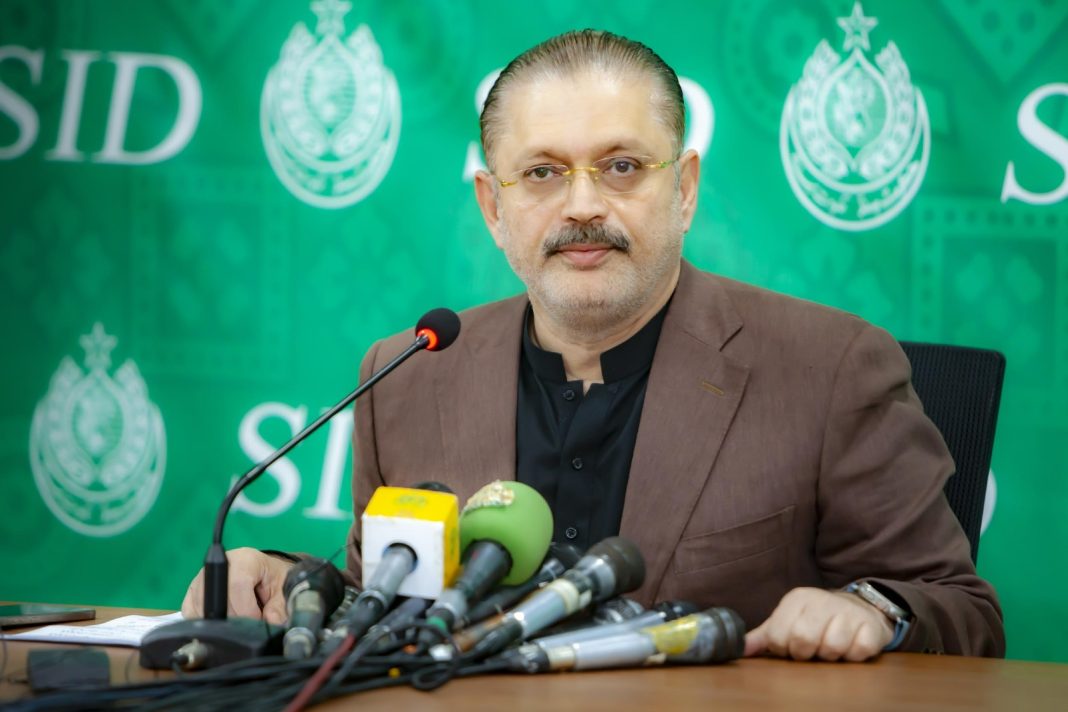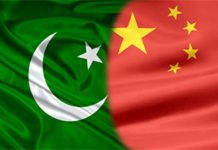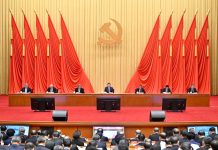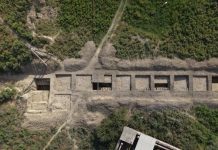DM Monitoring
KARACHI: Sindh Senior Minister Sharjeel Inam Memon reaffirmed afternoon that two strategic China-Pakistan Economic Corridor (CPEC) projects, the Karachi Circular Railway (KCR) and the proposed Karachi-Sukkur high-speed rail link, remain top priorities for the provincial government. He urged the World Bank to play a more active role in advancing both initiatives during a high-level meeting with a visiting World Bank delegation.
Calling the KCR a transformative component of CPEC’s urban transport modernization portfolio, the minister said the project is crucial for easing Karachi’s long-standing mobility crisis and for expanding connectivity across Sindh’s urban corridor. “These projects are game changers,” he said. “We want the World Bank to work with us as a committed partner so these plans can move forward with speed and technical depth.”
The meeting also covered broader urban transportation reforms, including expansion of the Yellow Line Bus Rapid Transit (BRT) system, already being developed with World Bank support. Memon informed the delegation that work on the Taj Haider Bridge, a key component, had been completed, while other construction segments were progressing rapidly.
He added that consistent technical support from the World Bank was essential to completing the project on schedule, ensuring affordability, and reducing travel time for millions. He highlighted the successful handing over of the Green Line BRT to Sindh, noting that daily ridership increased by 33,000 under the provincial government’s management, a sign of improved efficiency.
The minister emphasized that Karachi needs many more buses, rail options, and multimodal solutions, including CPEC-backed urban rail projects. The Karachi–Sukkur high-speed train, envisioned under CPEC’s long-term plan, is expected to bring Chinese locomotion technology and high-speed rail expertise to Pakistan, linking Sindh’s industrial hubs to agricultural belts and export gateways.
The visiting World Bank delegation praised Sindh’s transport vision, acknowledging Karachi’s strategic value as a megacity connecting South Asia with Central Asia and the global maritime economy. However, they encouraged alignment between CPEC infrastructure planning and international financing mechanisms for smoother execution.
Shifting urban mobility reforms toward global standards, the Sindh government is seeking a hybrid financing strategy where China’s engineering and rail expertise complements World Bank financing and governance frameworks.






